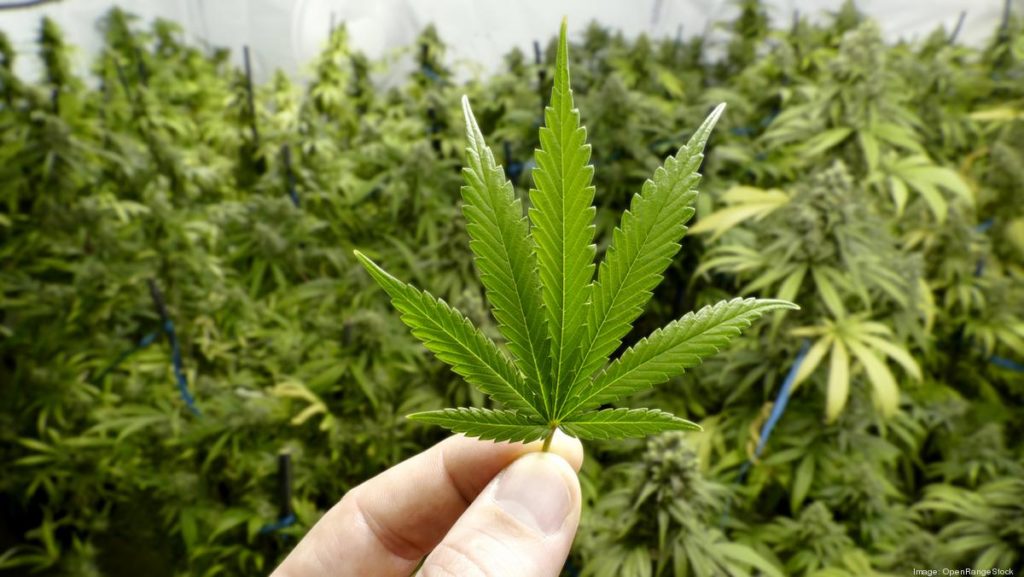Certain pesticides can now be used in cannabis and hemp cultivation, following a Massachusetts Department of Agricultural Resources’ decision last week.
The move has split cannabis cultivators. Tim Shaw, chief operator officer at MariMed Inc., disagrees with the decision.
“We don’t believe allowing pesticides is the right thing to do, considering people are inhaling these products,” he said in a statement. “At MariMed, producing the highest quality products is core to our mission, and that means growing pesticide-free and utilizing natural biology whenever possible, such as nematodes and other non-plant eating bugs to ensure our garden is pest-free.”
Brendan Delaney, vice president of cultivation at Solar Cannabis Co., however, said that the move can protect cannabis crops.
“I think this move has really given cultivators the access they need to use safe products and produce a clean cannabis crop,” he said in a statement. “It’s still restrictive as to what can and can’t be used, but this is a great step in the right direction. In my opinion, this is a sign that those in charge of governance and oversight are making efforts to bring cannabis cultivation into mainstream agriculture in Massachusetts.”
In 2017, when cannabis was recreationally legalized in Massachusetts, the United States Environmental Protection Agency did not allow use of registered pesticides on cannabis, according to the department.
The Agricultural Improvement Act, passed in 2018, removed hemp from the controlled substance list, which meant that pesticide manufacturers could update labels to include usage on hemp. Now, there are EPA registered products that can include help.
The department said that because hemp and marijuana are both cannabis, and are only distinguished through law by THC level, the department decided to extend pesticide use to marijuana as well, as long as it was in accordance with the Pesticide Use on Marijuana Policy.
On Nov. 30, MDAR decided to allow use of pesticides on marijuana if all of the following conditions are met, according to the department:
The product needs to be registered with EPA;
The product needs to be labeled for both hemp and tobacco;
If the product has two different rates for hemp and tobacco, the applicator must apply the lower of the two rates
The product is without “Days to Harvest” for indoor use in order to address worker safety concerns for indoor use;
The active ingredient must be food tolerance exempt; and
The product is labeled for use on hemp in a greenhouse if being used on marijuana cultivated in an indoor setting.
A Cannabis Control Commission said that the commission will continue to collaborate with MDAR in enforcement of federal and state laws around pesticides.
“While MDAR has primary jurisdiction over pesticides, the Commission will continue to protect public health and safety and ensure all state laws and regulations are being complied with,” the statement read.
H/T: www.bizjournals.com




